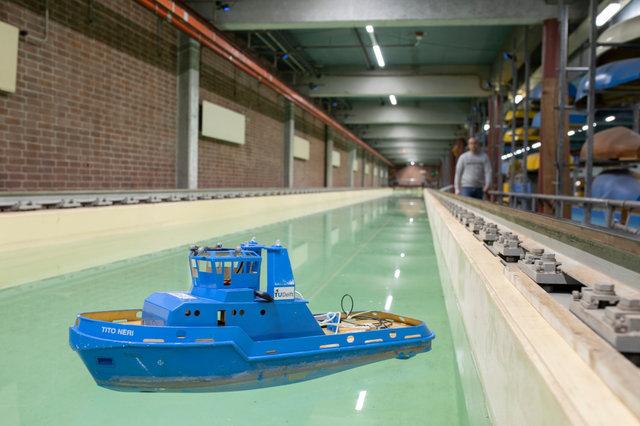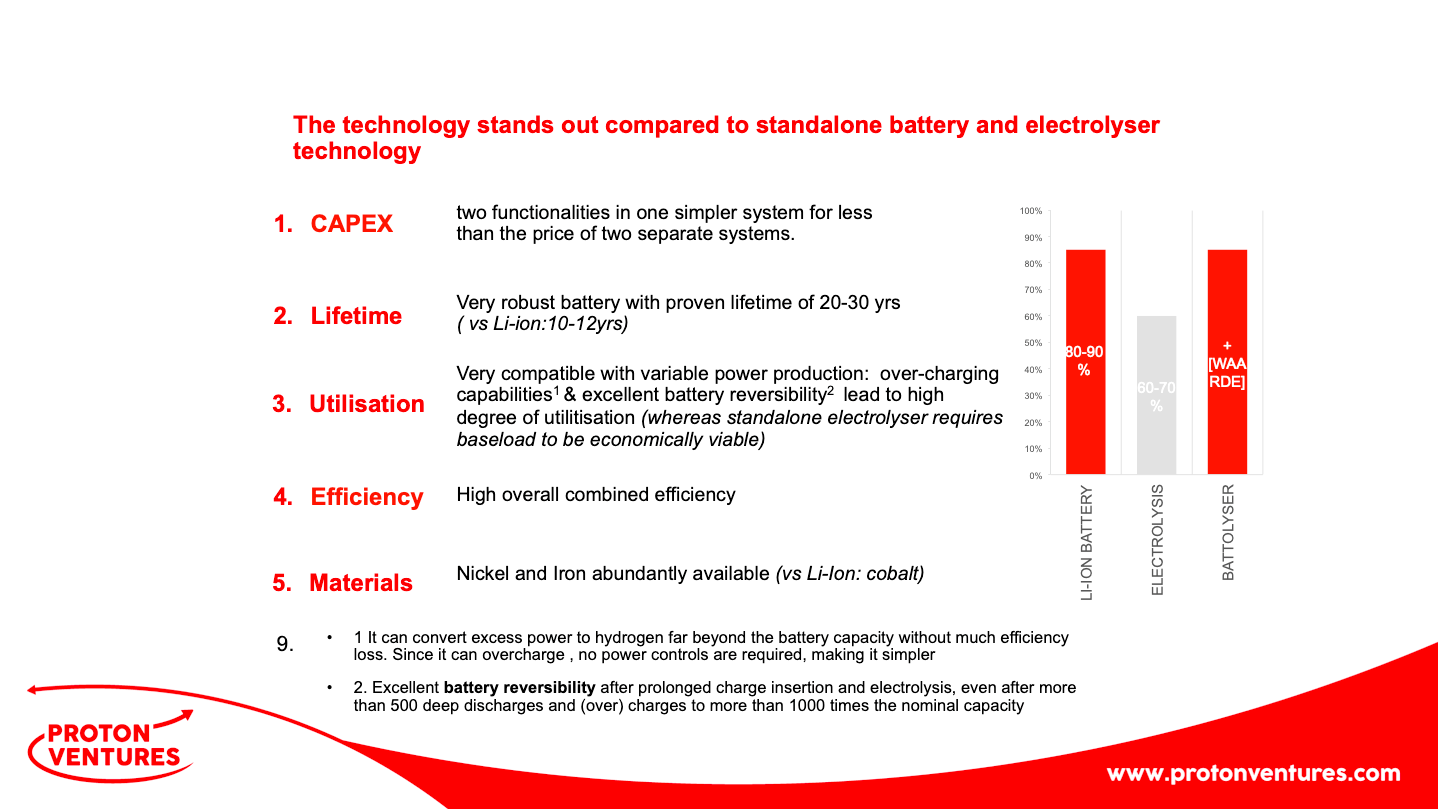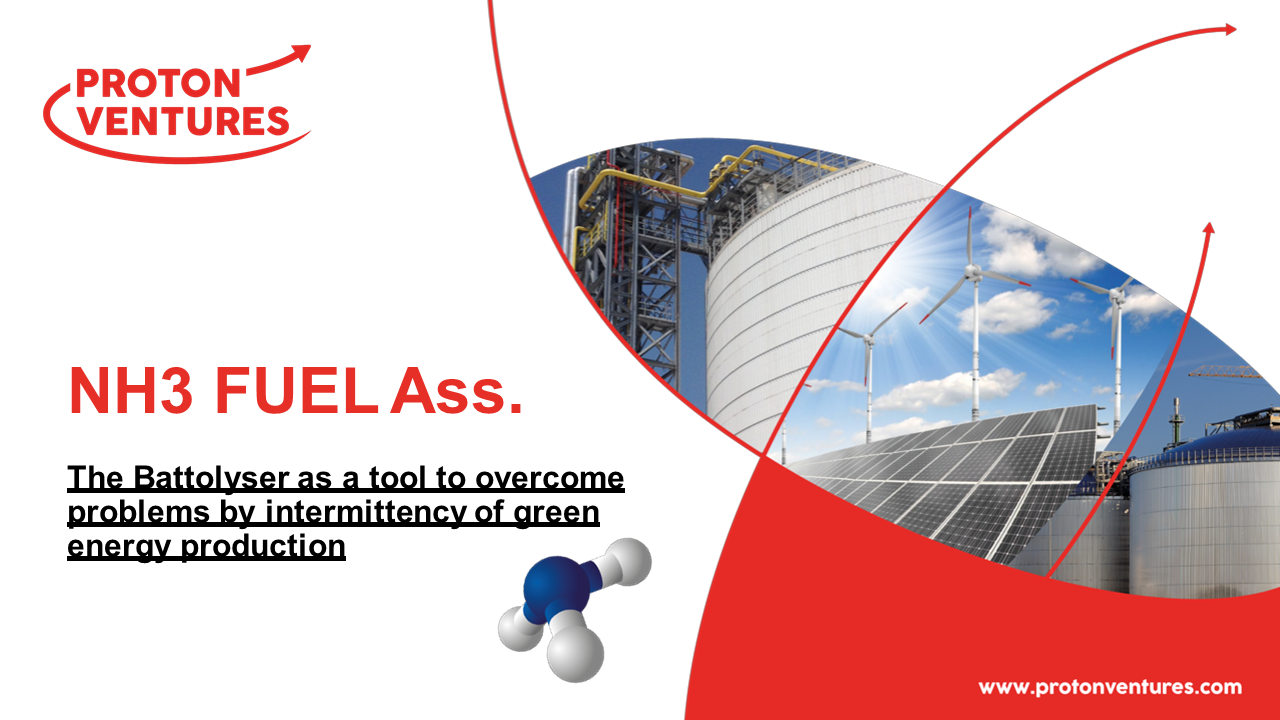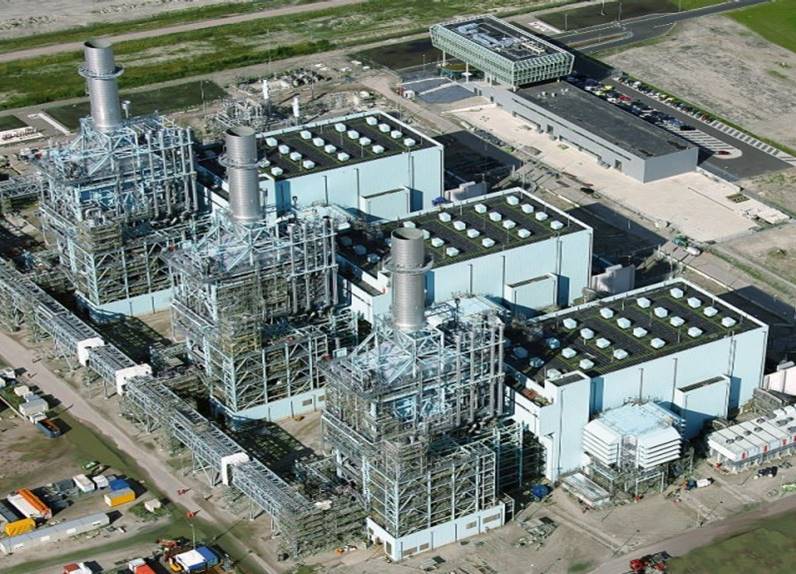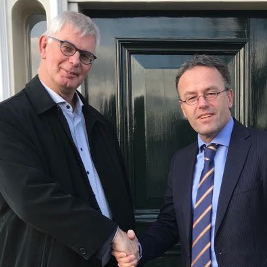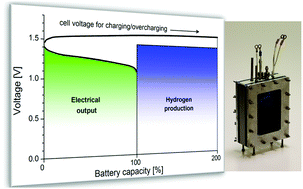The University of Amsterdam and TU Delft will lead an academic-industry consortium that will determine the feasibility of combining ammonia-fed solid-oxide fuel cells with internal combustion engines for maritime propulsion. The AmmoniaDrive project just received over €2 million in support from the Dutch government, and is the latest in a series of hybrid and fuel cell-based propulsion projects using ammonia as an onboard fuel.
Content Related to TU Delft
Article
The Ammonia Wrap: Ørsted's P2X vision for the North Sea, Gunvor's new sustainability commitments, the finance world backs green hydrogen and Hydrofuel-Ontario Tech's new partnership
Julian Atchison April 07, 2021
Welcome to the Ammonia Wrap: a summary of all the latest announcements, news items and publications about ammonia energy. This week: Ørsted unveils its P2X vision for the North Sea, energy trader Gunvor commits $500 million to sustainability, emissions reductions, finance world backs green hydrogen, Hydrofuel and Ontario Tech join forces and a new blue hydrogen/ammonia collaboration.
Article
Battolyser update: combined battery-electrolyzer technology wins industry contest, targets TRL8 in 2020
Trevor Brown December 14, 2018
Dutch start-up Battolyser BV was today declared the winner of Industrial Energy Enlightenmentz 2018. The award was announced at the annual Industry & Energy event, held at the Brightlands Chemelot Campus in Geleen, which this year focused on the theme When Electrons Power Molecules. At the NH3 Energy+ Topical Conference last month, Hans Vrijenhoef of Proton Ventures gave the opening presentation, co-authored by Fokko Mulder of TU Delft, in which he described the battolyser's robust combination battery and electrolyzer. He also mapped out Battolyser BV's technology development and investment pathway, beginning with the kW-scale pilot plant that is already underway and expected to be operational by Spring 2019, and a MW-scale, modular, containerized plant which should be complete by the end of 2020. Reaching a technology readiness level of TRL8, Battolyser BV then aims to increase industrial scale swiftly, demonstrating a 100 MW unit by 2025 and a 1 GW battolyser by 2030.
Presentation
The Battolyser as a tool to overcome production problems by the intermittancy of green energy
The intermittency of sustainable energy sources calls for either flexible production or storage of energy, to keep continuous processes running continuously. The newly developed Battolyser technology has the possibility of both, creating flexible production and storage in one piece of equipment. The Battolyser is therefore a tool to keep production processes of hydrogen and / or ammonia under a continuous mode at lowest CAPEX. The design of this Battolyser can be such that the vulnerable ammonia Haber Bosch synthesis process can be kept in operation during certain periods of outage of (green) power, without installing additional large batteries. The Battolyser…
Article
Battolyser Attracts Grant Funding, Corporate Support
Stephen H. Crolius June 21, 2018
The kernel of the story is this: Battolyser B.V. is taking a step forward with the battolyser, its eponymous energy storage technology. On June 12, Battolyser’s joint venture partners Delft University of Technology (TU Delft) and Proton Ventures announced that they had secured a €480,000 grant from Waddenfonds, a Dutch public-sector funding agency, to build a 15 kW/60 kWh version of the battolyser. The installation will take place at Nuon’s Magnum generating station at Eemshaven in the Netherlands. The move makes tangible the vision of the battolyser as an integral part of an energy supply system with a robust quota of renewably generated electricity. The battolyser is a battery that stores electricity in the conventional galvanic manner until it is fully charged. At that point, the device uses any additional electricity supplied for the electrolysis of water and evolution of hydrogen. If the device is integrated with hydrogen buffer storage and an ammonia production train, the result will be a versatile and highly scalable energy storage system that can provide highly responsive grid support on all time scales from seconds to months. (Ammonia Energy last posted on the battolyser on March 1, 2018.)
Article
Battolyser B.V. Formed in the Netherlands
Stephen H. Crolius March 02, 2018
Proton Ventures and Delft University of Technology (TU Delft), both of the Netherlands, announced in early February the formation of a new company, Battolyser B.V. The company’s initial goal is to build and demonstrate a pilot version of the eponymous technology that stores electricity and produces hydrogen. Hans Vrijenhoef, who will direct the new company, indicated that a fully realized system would include an ammonia production train so that the hydrogen could be stored and transported at low cost. Vrijenhoef is already the Director of Proton Ventures B.V., a member of the NH3 Fuel Association’s Global Federation Advisory Board, and the originator of the NH3 Event power-to-ammonia conference.
Article
TU Delft’s Battery-Electrolyzer Technology
Stephen H. Crolius January 13, 2017
On December 14, the journal Energy & Environmental Science published an article on a new technology, “Efficient electricity storage with a battolyser, an integrated Ni–Fe battery and electrolyser.” The lead author is Fokko Mulder, Professor of Materials for Energy Conversion & Storage at the Delft University of Technology (TU Delft) in the Netherlands. The system developed by Mulder and his collaborators accepts electricity from an external source and stores it in the conventional manner of all batteries. The twist is that when the battery is fully charged, any additional incoming electricity is used to generate hydrogen and oxygen via electrolysis. The technology may prove to be a valuable element in a grid-scale ammonia-based energy system.
